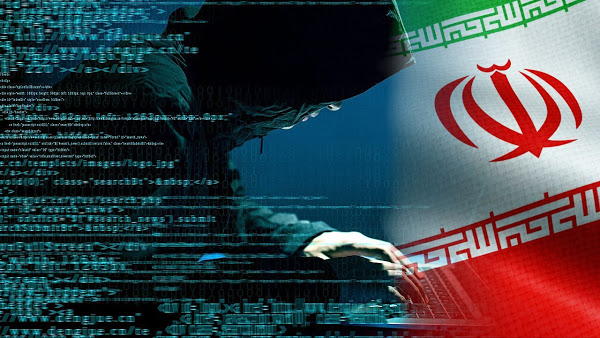Washington, D.C. – On Friday, U.S. federal prosecutors unsealed criminal charges against three Iranian nationals for their alleged involvement in cyber activities aimed at undermining the U.S. electoral process. The Department of Justice (DoJ) accused Masoud Jalili (36), Seyyed Ali Aghamiri (34), and Yasar (Yaser) Balaghi (37) of collaborating with the Islamic Revolutionary Guard Corps (IRGC) to steal sensitive data and interfere with the U.S. elections.
According to the DoJ, the trio—alleged members of the Basij Resistance Force—hacked into accounts of U.S. officials, members of the media, NGOs, and individuals linked to political campaigns. Their activities were described as part of Iran's efforts to destabilize the U.S. election process and avenge the killing of Qasem Soleimani, the former commander of the IRGC’s Quds Force.
The conspirators allegedly accessed non-public campaign documents around May 2024 and, by June, shared stolen materials through a hack-and-leak operation with media outlets and individuals linked to the opposing presidential campaign. This was part of a broader attempt by Iranian actors to exploit stolen data for political disruption.
U.S. Response and Iran's Denial
These charges follow a similar incident nearly two weeks earlier, when the FBI accused Iranian hackers of stealing confidential data from former President Trump's campaign and sharing it with President Biden's campaign and media organizations.
Assistant Attorney General Matthew G. Olsen emphasized the severity of the attacks, calling them a "direct assault on the integrity of our democratic processes." He noted Iran’s ongoing cyber efforts to harm U.S. interests.
Iran has denied these accusations. In August, Iran’s state-controlled news agency IRNA dismissed the charges as baseless, claiming that the country's cyber capabilities are defensive.
Broader Hacking Campaign
The three accused have also been linked to a wide-ranging hacking campaign dating back to January 2020. The DoJ claims they used spear-phishing and social engineering tactics to gain access to victims' accounts and send malicious links. Some of these efforts were reportedly successful.
The charges include 18 counts, ranging from conspiracy to commit identity theft and wire fraud to unauthorized access to computers. None of the three suspects have been arrested.
Sanctions and Rewards
In response to these activities, the U.S. Department of State has offered a $10 million reward for information leading to the capture of Jalili, Aghamiri, and Balaghi, or other IRGC-linked individuals involved in election interference. Additionally, the U.S. Department of the Treasury's Office of Foreign Assets Control (OFAC) imposed sanctions on seven individuals, including Jalili, and others linked to the Iranian cybersecurity firm Emennet Pasargad.
This is not the first time Emennet Pasargad has been in the crosshairs. In November 2021, the U.S. sanctioned six of its employees for meddling in the 2020 presidential election.
The DoJ's indictment is the latest step by the U.S. to thwart foreign interference in the upcoming election. Recent actions also targeted employees of the Russian state media outlet RT for allegedly funding U.S.-based influencers supporting former President Trump.
Conclusion
The unsealing of charges marks another chapter in the escalating cyber conflict between the U.S. and Iran. As the 2024 U.S. presidential election approaches, concerns over foreign influence, particularly from Iran and Russia, are intensifying. The U.S. government has made it clear that it will continue to pursue and expose foreign actors attempting to interfere with the country’s democratic processes. short discription







